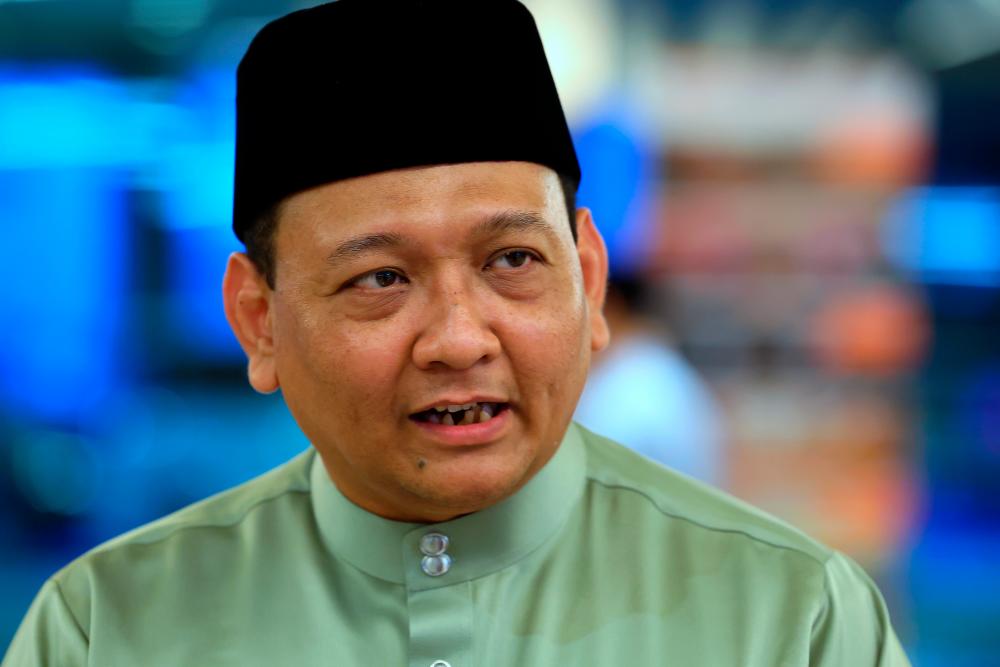PUTRAJAYA: The Sustainability Achieved via Energy Efficiency (Save) programme which provides rebate incentives for the purchase of energy-efficient electrical goods is set to continue for the fourth time, said the Sustainable Energy Development Authority Malaysia (SEDA).
Its chief executive officer Datuk Hamzah Hussin (pix) said the Save 1.0, 2.0, and 3.0 programmes which were introduced previously received a favourable response from users who supported the initiative.
“There are plans to continue the Save programme because the response among the people and consumers was good and helpful in reducing energy reduction by encouraging consumers to use energy-efficient products.
“Regarding Save 4.0, we will announce in the near future the amount of allocation and categories of goods that will be offered to consumers,” he told Bernama at the SEDA Aidilfitri open house here today.
The Save programme was first introduced in 2011 to encourage people to buy electrical goods with four and five-star energy efficiency rates, which, among other things, work to save energy and maintain environmental sustainability in the long term.
Hamzah said Save 4.0 will be using the same model as the previous programmes but some aspects of weaknesses will be improved.
In other developments, he said SEDA is optimistic that the renewable energy market in the country will grow rapidly by opening various job opportunities and economic generation.
This comes as Economy Minister Rafizi Ramli announced in a press conference today along with the Minister of Natural Resources, Environment and Climate Change Nik Nazmi Nik Ahmad regarding the TBB capacity in the electricity supply system which is targeted to be increased to 70 per cent by 2050.
Rafizi said that the increase would create new economic opportunities for the country and attract multinational companies, especially Renewable Energy 100 (RE100) companies to operate in the country.
He noted that as of December 2022, the total installed capacity of TBB in the country’s electricity supply will be as much as 25 per cent.
Rafizi explained that the TBB capacity increase will enable the excess capacity generated to be traded across borders with neighbouring countries through a mechanism that will be developed and set by the government through the cross-border electricity market system under the TBB Trade Policy.
Hamzah said that the move would not only attract foreign investors but also indirectly reduce environmental pollution, save electricity and also create new job opportunities to have an economic impact.
“For example, if there is an energy generator in a certain area, it is easy or suitable to be developed as an industrial or housing area,” he said. -Bernama









